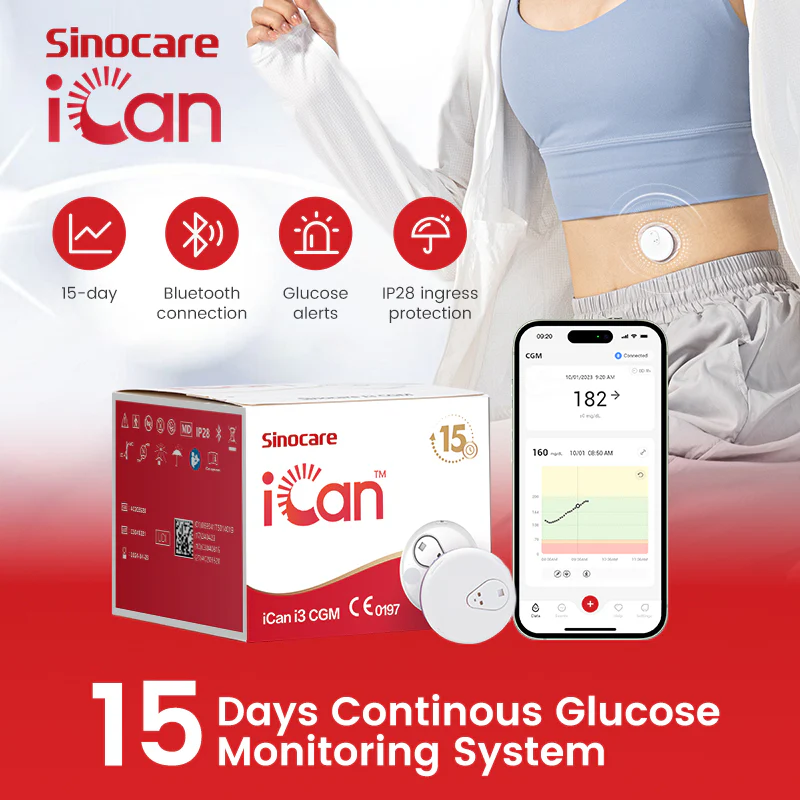In recent years, continuous glucose monitors (CGMs) have revolutionized the way people manage their diabetes. These wearable blood glucose meters have made it possible for individuals to track their glucose levels in real-time, allowing for more informed decisions about their health. One company that has been at the forefront of this technology is Dexcom, a leading developer of CGM systems. Dexcom’s CGMs have been widely adopted by people with diabetes, and have been shown to be accurate and reliable.
How Continuous Glucose Monitors Work
Continuous glucose monitors work by inserting a small sensor under the skin, which measures glucose levels in the interstitial fluid. This sensor transmits data to a small transmitter, which then sends the information to a receiver or a smartphone app. The data is then displayed in real-time, allowing users to track their glucose levels throughout the day. Wearable blood glucose meter like CGMs have become increasingly popular due to their convenience and accuracy.
Factors Affecting Accuracy
However, the accuracy of continuous glucose monitors can be affected by several factors. For example, the placement of the sensor, the type of tissue in the area, and the presence of certain medical conditions can all impact the accuracy of the readings. Additionally, CGMs may not always reflect rapid changes in glucose levels, which can lead to discrepancies between the CGM readings and actual blood glucose levels. Despite these limitations, wearable blood glucose meters like CGMs have been shown to be highly accurate and reliable.
Clinical Significance of Accuracy
The accuracy of continuous glucose monitors is clinically significant, as it directly impacts the decisions made by people with diabetes. Inaccurate readings can lead to incorrect dosing of insulin or other medications, which can have serious consequences. Therefore, it is essential that CGMs are accurate and reliable. Studies have shown that CGMs are highly accurate, with some studies demonstrating that they are comparable to traditional blood glucose meters.
Ensuring Informed Decisions
In conclusion, Ensuring Accurate Informed Decisions with Wearable Glucose Monitors, continuous glucose monitors have revolutionized the way people manage their diabetes. While there are factors that can affect their accuracy, wearable blood glucose meters like CGMs have been shown to be highly accurate and reliable. As the technology continues to evolve, it is essential that manufacturers prioritize accuracy and reliability. Companies like Sinocare, with their iCan i3 CGM system, which offers 15-day wear-life and 7160 measurements, are leading the way in providing accurate and reliable CGMs for people with diabetes.
